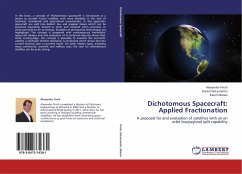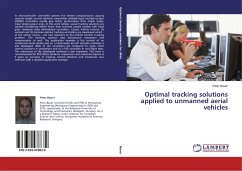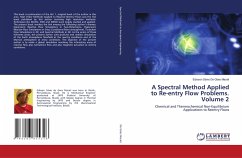In this book, a concept of "dichotomous spacecraft" is introduced as a means to provide future satellites with more flexibility in the face of technical, commercial and operational uncertainties. In this approach, spacecraft are split into distinct bus and payload halves which can be launched separately, docked in orbit, and replaced when economic or technical needs to do so emerge. Examples of prerequisite technologies are highlighted. The concept is compared with contemporary "monolithic" spacecraft designs and and evaluation of its technical maturity shows that, while cutting-edge, the concept is plausible. To examine the economic viability, a stochastic lifetime simulation is conducted which shows that the current business case is currently mixed. For some mission types, including many commercial, scientific and military uses, the case for dichotomous satellites can be quite strong.








